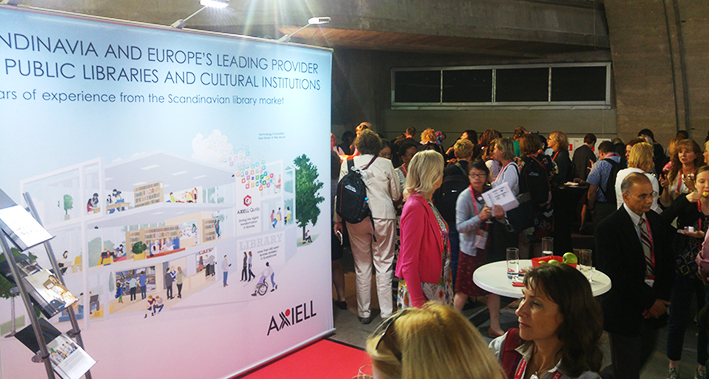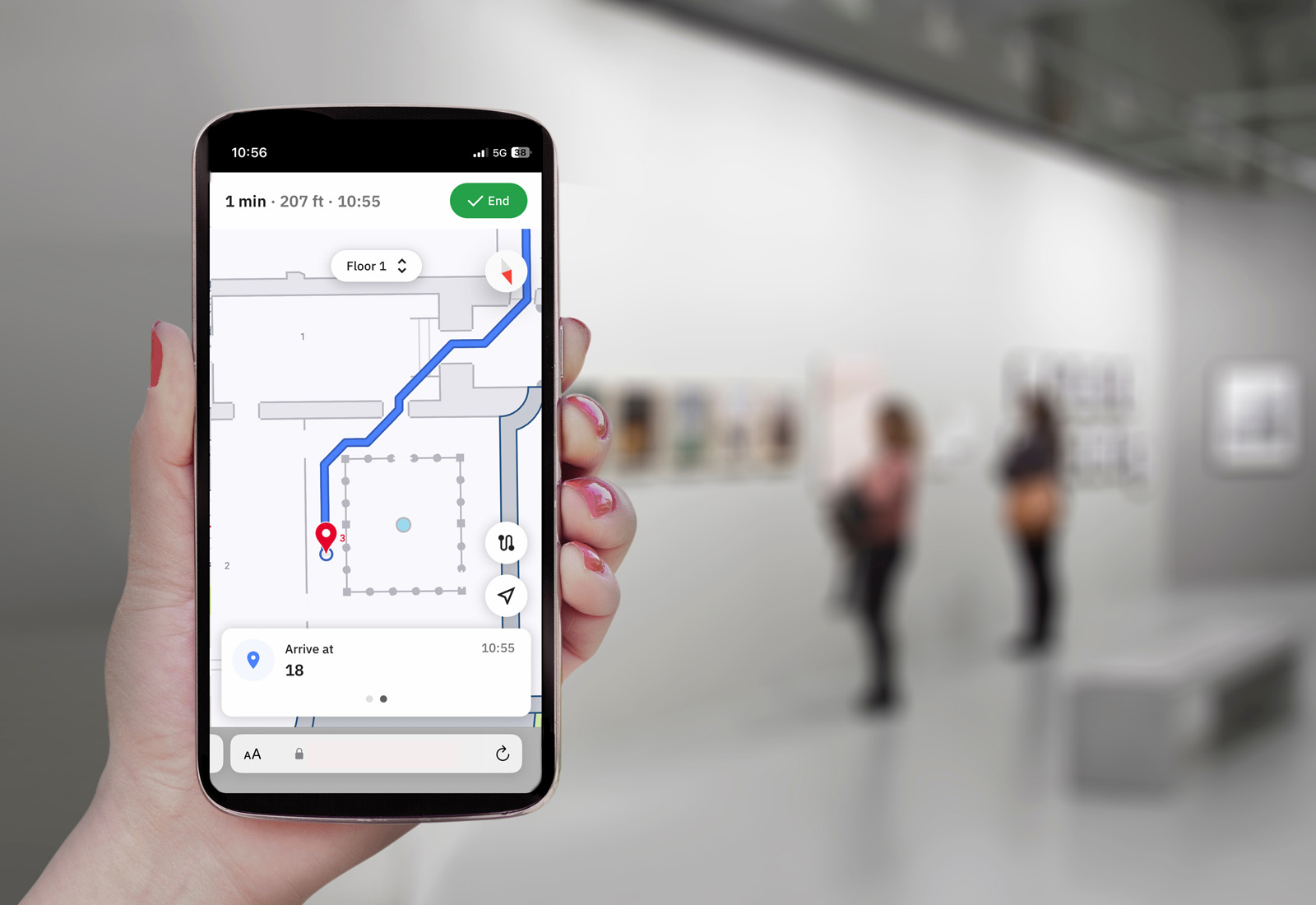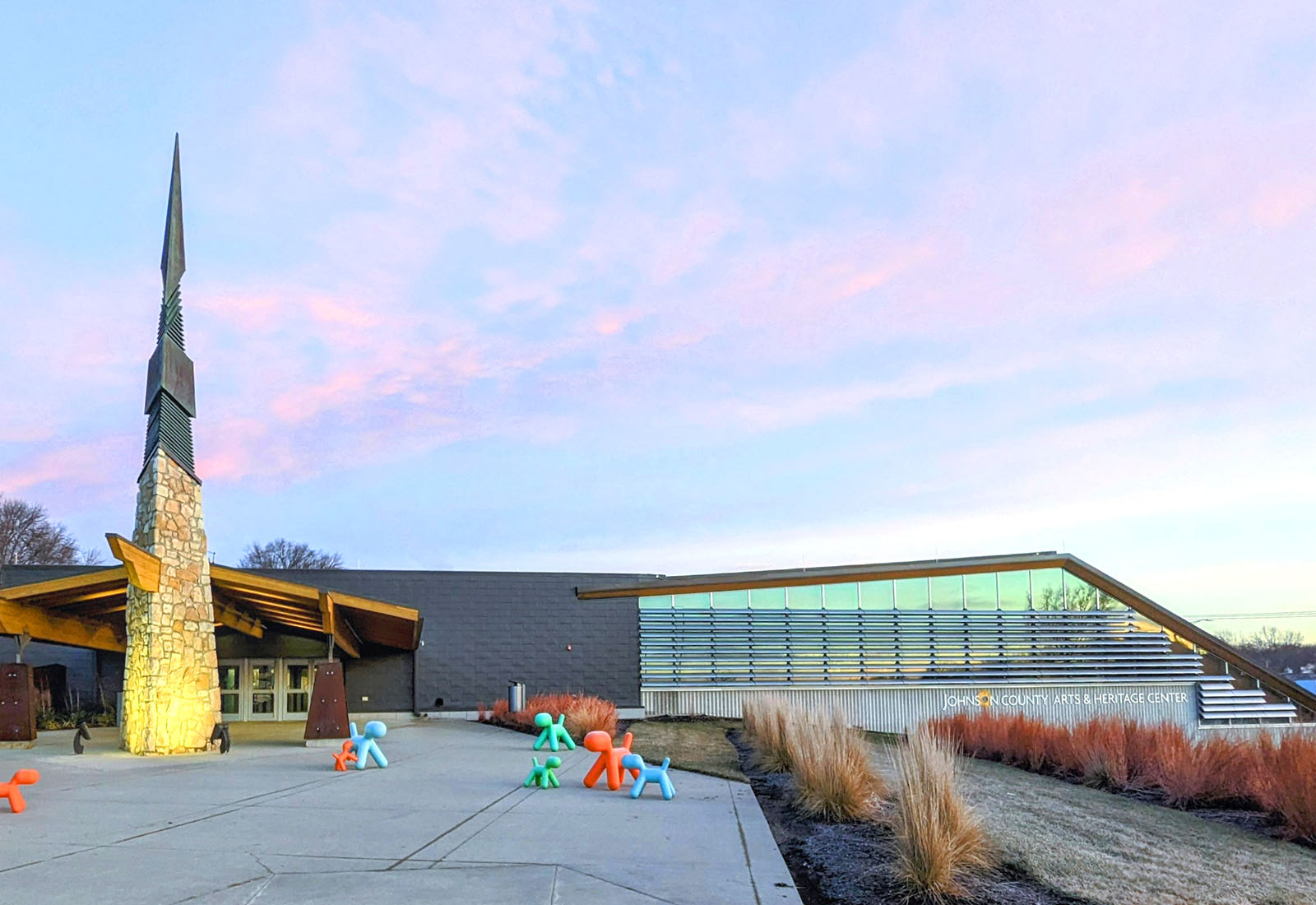Sharing some short notes and thoughts from IFLA, Wroclaw. August 2017. By Boris U Zetterlund, Senior Advisor at Axiell Group
The IFLA meeting in Wroclaw has “Libraries. Solidarity. Society” as the motto. This is appreciated and positively referenced by many speakers and delegates.
The brand new approach by IFLA to introduce an open voting procedure to help with their Global Vision work, yielded its first result. On prioritising what the core values of libraries are, the results looked like this:

Use the GlobalVision link to vote. All library lovers are invited! The Global Vision work is ongoing and will develop from a vision to a strategic plan and then an action plan.
During the Nordic meeting, Saturday evening, Torbjörn Nilsson, Chief Librarian of Malmö City Library, wished for a transformation of the vision work to now include everyday life, in a local context. The work going forward is based on the UN Agenda 2030.
IFLA states: We will build a communication strategy aimed at convincing policy makers, funders and community of the value of library and information services as critical community assets.
Another meta-topic was the question of neutrality. Libraries have taken a path that points towards serving everybody equally, but can actively deciding what information to serve and how to present it ever be neutral? There is yet to be any set of guidance on how these decision are to be made.
There is a growing acknowledgement in the library world that libraries must do more than provide access to information. Services should inspire and play a leading role in sharing, reusing, creating. And of course, librarians must be central to this processes. Furthermore, libraries should have a “sense of urgency”. Limited projects and maker space corners are not enough.
When librarians take the position as curators of change in the local community the aim is to actively make a difference. The collections and the knowledge and creativity of the community will be combined in a sharing experience.
Collections Managers may be joined by ‘Connections Managers’ (R D Lankes and others have stated this the last years). This is because the collection is the means, not the goal. Therefore, with a switch to a more user-centred design, the library will need more staff whose focus is on connecting with communities – similar to the role many Engagement Managers play.
Of course we then soon enough need to have management systems that not only handle the collection but also better systems to manage the library’s users. Perhaps something like an integrated CRM.
Maria Próchnicka, from the Jagiellonian University in Krakow, says in her brilliant presentation, “a user (citizen, patron) is an equal member of the social network for information collection, exchange, and distribution”. This change, in a society where endless information is available at your fingertips and where digital life is part of the IRL (in real life), means that the work of a librarian must also change.
How far should this change go? Should 10, 20, 30, 40,50 or 60% of the workforce’s hours be dedicated to digital?
But it is not only about being digital. Maria Próchnicka sets out her vision in this statements:
- Not only librarian, but also citizen
- Not ostentatiously neutral, but politically involved
- Not only professionally, but also personally involved
- A social activitst that can stand up against the establishment
- Interested in issues both directly associated with librarianship and outside of the scope of librarianship
- Aware that philanthropy is complementary to funding by the state
- More interested in employees than in institutions that employ them
- More interested in librarians than in libraries
- Developing interested in marginalized issues and minorities
- Supports diversity and stands up against unification
- Equally driven by reason and by emotions
Of course some are debatable. I love the thought of these being discussed in any library staff room!

One interesting finding is presented at one of the many poster sessions. The ‘physical’ and ‘digital’ are closely connected. The most significant factor for using the digital library is visiting the physical library. Read more about it here.
Talking about sharing, Leonhard Dobusch, who spoke about “Open libraries for an open society” – primarily addressing research libraries, went so far as (almost) promoting Sci-Hub, a kind of Pirate Bay for research papers. This has become popular because of the inconvenient and expensive services otherwise available. He gave the tip of using the hashtag #IcanhazPDF, to ask for papers in the research community.
Reading aloud is one of the most traditional activities in children’s libraries. Dr Grażyna Lewandowicz-Nosal, from the National Library in Poland, talked about the evolution of this tradition in Poland. From only 5% of children’s libraries holding regular reading aloud sessions in 1986, to now covering over 150 libraries and 9000 events.
This is largely down to the help of promotional campaigns which included policemen, firefighters, military personnel, pilots and priests reading aloud to children. Dr Lewandowicz-Nosal stresses that the success of the campaign has to be supported by systematic day to day work. Campaigns have to be undertaken regularly.
Poland is now rated 5th in the Pisa reading interpretation category.
In the session on publishing, there was a focus on university publishing only. This is interesting of course but I am very confident that there will be an explosion of publishing in public libraries as well. Some suggested activities that can be documented and published: a podcast of an author evening, the outcome of a poetry slam, sketches from a manga course, interviews of elderly and/or prominent people in the community, robot hacks, video tips from librarians and more. Here is a note on this subject from last year’s IFLA.
This year Pauliina Hyytiänen and Saana Mäensivu from Vantaa, Finland, presented their work on interactive story workshops. The idea behind the project is that, in a modern digital society, we have to try out digital means to construct and present storytelling.
They hired an artist, Malin Ek, and worked with visual storytelling software – something which should be relatively easy to use at any library. Go here for more information.
 Agnieszka Koszowska talked about the use of robots and tablets in libraries in Poland. 128 Polish libraries are holding coding clubs and activities. One especially interesting method of teaching coding to children is introducing robots like the “Finch” (even on loan in Chicago Public Library!). They are working with different projects for different age groups. It has been suggested that coding can be a little boring in school, yet can be attractive, engaging and fun in the library.
Agnieszka Koszowska talked about the use of robots and tablets in libraries in Poland. 128 Polish libraries are holding coding clubs and activities. One especially interesting method of teaching coding to children is introducing robots like the “Finch” (even on loan in Chicago Public Library!). They are working with different projects for different age groups. It has been suggested that coding can be a little boring in school, yet can be attractive, engaging and fun in the library.
During the last hour, Isa Maganda from Uganda came by our booth. For some 15 minutes, he told me and my colleague Morten the story about his work in a rural area of Uganda called Kagomba County. He started a library, went by bicycle with books to distant villages, arranged digital literacy training on sponsored computers and even took the initiative on housing projects.
After he told us his story, he excused himself for the “long story” and expressed his joy of us listening to him and bade us goodbye. The librarian as the change facilitator! If you would like to connect to Isa (he did not ask for this), check the link above or mail: maganda.isa@gmail.com.
The poster sessions can be very informative. Spending some time at that exhibition is worth your time. Listed below are some of the exhibited posters. All worth a study!
- bring millennials through the door
- bibliotherapy in Brazil and Poland
- how to engage the community in sharing in Slovenia
- conflicts in the library (Serbia)
- the IFLA infograph librarymap.ifla.org
- women reading project in Turkey
- practice augmented reality








